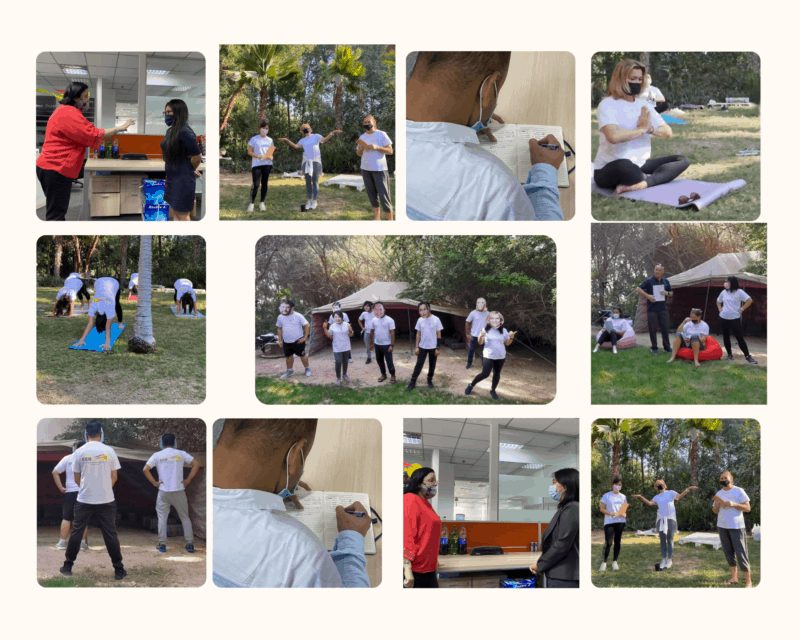The Importance of Employee Well-Being

Recently at EER we were delighted to be able to host our annual corporate retreat. Amongst the social distancing, it was still an excellent opportunity to take time out to connect with the team and share key updates. The event got us thinking about our approach to employee well-being. We have always recognised how valuable our employees are to our business model, but in light of the recent challenges faced, we needed to make sure they knew how much we appreciated the work they do. That is why we have implemented increased employee engagement as one of our strategic goals of 2021. At a time when many organisations are still struggling to stay afloat, it could appear frivolous to spend resources on this pursuit, but we wanted to share with you why we think it is an initiative you can’t afford to ignore.
Engagement for Well-Being
Prior to 2020 more and more organisations were beginning to understand the importance of cultivating an environment of positive employee well-being. Employee engagement became quite the buzz word in terms of company strategy. But while the concept is sound, many businesses struggled to put into practice. Successful employee engagement is centred on creating an environment in which your staff can thrive. They need to feel communicated with, valued as contributors and supported in their endeavours. When you view your employees as whole individuals, rather than statistics, you can better accommodate their needs and therefore improve their experience in the workplace. Getting it right requires strategic planning and leadership-lead initiatives. Each organisation needs to evaluate its specific structure and how adapting operations could better serve the needs of its employees. Talk to your team, find out what they think and what steps could be implemented to improve the overall environment. Facilitating a space in which employees feel comfortable enough to raise any issues might be a daunting task, but its overall impact could be extremely powerful.
Why Employee Well-Being is So Important
Let’s face it, it isn’t rocket science. Employees who report feeling happier and more supported in their jobs will perform better. When members of a team feel stressed or confused, they are far more likely to call in sick, negatively impact the mood of others or underperform; all of which detrimentally effect your bottom line. Employee burn out, which is primarily caused by the experiences they have during work hours, makes staff members 63% more likely to take a sick day and 23% more likely to need to visit a medical professional. On the flip side, employees who feel inspired, motivated and supported work longer hours, accomplish more tasks and are more likely to contribute in creative ways that could benefit the company. Amongst the many lessons we are left with post-2020, is the realities of the evolving modern workplace. Having struggled through a year in which employees around the world faced financial, medical and social challenges, often whilst disconnected from friends and family, it is more important than ever that we ensure our strategic approaches encompass promoting employee well-being. As an organisation, we could never have provided such high levels of service to our clients during 2020 if our amazing team hadn’t felt comfortable enough to go the extra mile. We recognise how invaluable they all are to the work we do, which is why we want them to know that their well-being is one of our top priorities.
What You Can Do
In addition to the strategic and operational changes we are adopting to accommodate and support our employees, we have also taken steps to provide a more well-being focused atmosphere. To help facilitate balance and good mental health, we have scheduled a series of events and programmes for our teams to participate in at various stages of the year. They won’t work for every office place, but they might spark some ideas that could be tailored to your company. Here are some of the things going on at EER:
- Monthly company meetings or virtual calls to update on company progress and discuss upcoming priorities
- Weekly Arabic classes hosted by mind map expert Juliana Khalil
- An upcoming Sleep Challenge to see who can clock the most hours recharging during the month of May
- A fitbit challenge – January and November 2021
- A Volunteering Programme with local charities
- A Bike Race, which is definitely going to get competitive
- Regular leadership Walk and Talks, where our Senior Leaders take time each week with a different member of staff for a wander outside around the JLT lake and a free-for-all chat about how things are going





